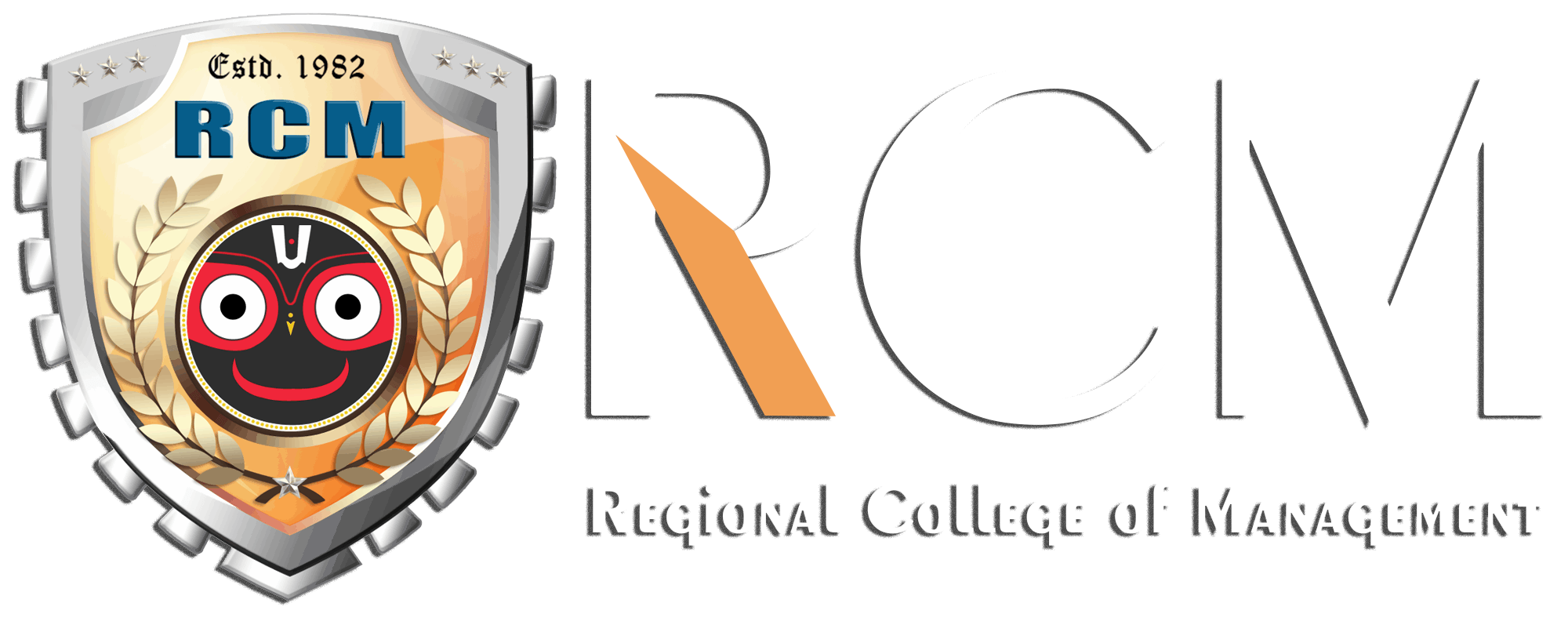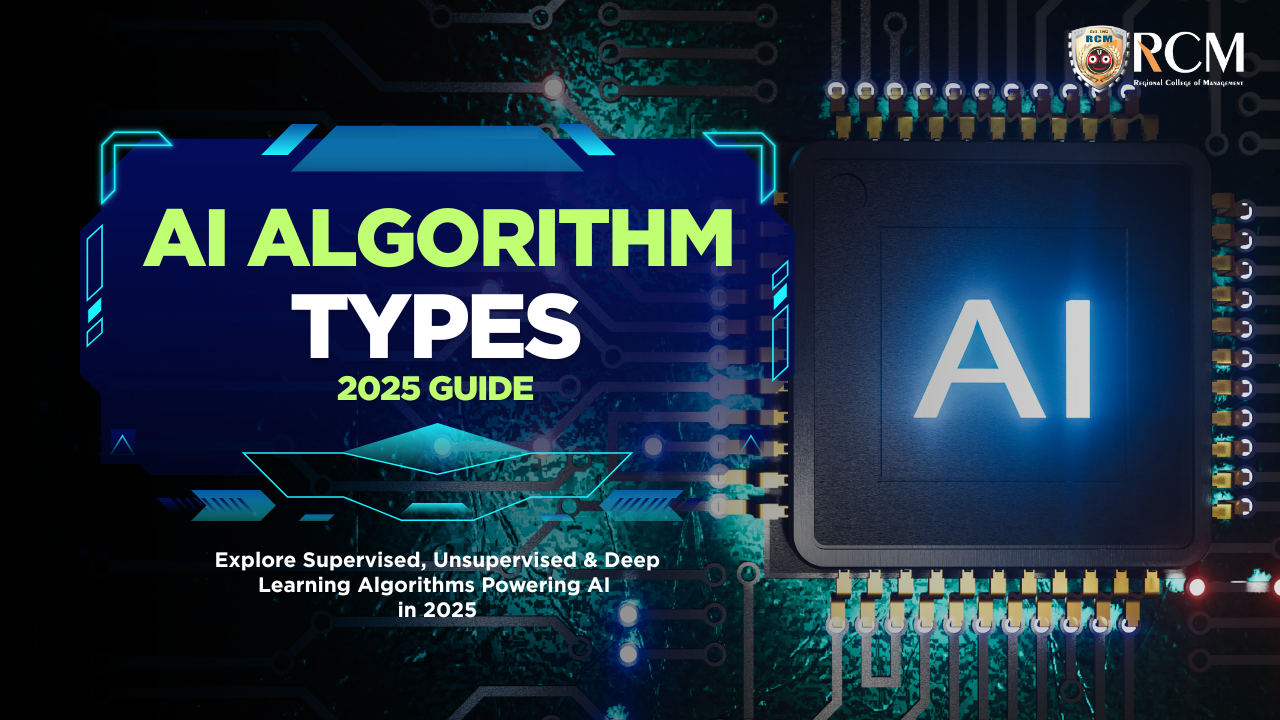AI adoption refers to the integration of artificial intelligence technologies—like machine learning, NLP, and robotics—into business operations. In 2025, AI algorithms are used to automate tasks, analyze data, and make predictions. Popular examples include decision trees, neural networks, and clustering. AI adoption boosts efficiency, scalability, and innovation across industries.
What is AI Adoption?
AI adoption means implementing artificial intelligence (AI) systems into daily business functions, workflows, and customer experiences. It encompasses everything from using chatbots for customer service to deploying machine learning models for fraud detection or predictive maintenance.
Today, AI adoption is no longer experimental—it’s becoming a necessity. Companies across the globe are embracing current artificial intelligence tools to optimize productivity, automate repetitive tasks, and gain competitive advantages.
According to a McKinsey report, nearly 70% of large organizations have adopted at least one form of AI, while startups are rapidly integrating AI to scale smarter and faster.
Why Is Artificial Intelligence Adoption Growing So Fast?
There are several powerful drivers behind the surge in AI adoption:
- Data Explosion: Organizations are generating more data than ever before, and AI helps make sense of it.
- Cloud Accessibility: Cloud platforms like Azure and AWS offer easy access to AI tools and storage.
- Cost Reduction: Automation reduces operational costs and increases ROI.
- Customer Demand: Users expect smarter, more personalized digital experiences.
- Competitive Advantage: AI enables quicker decision-making and innovation.
Introduction to AI Algorithms
Artificial intelligence works through algorithms—structured sets of rules or steps that tell machines how to solve problems or make decisions.
Whether you’re using AI for voice recognition, customer recommendations, or autonomous vehicles, you’re relying on specific types of AI algorithms.
Here are some popular AI algorithms list examples:
| Algorithm Type | Examples | Used For |
| Supervised Learning | Decision Trees, Support Vector Machines (SVM), Linear Regression | Predictive modeling, classification |
| Unsupervised Learning | K-Means Clustering, Hierarchical Clustering, PCA | Pattern discovery, segmentation |
| Reinforcement Learning | Q-Learning, SARSA | Robotics, gaming, automation |
| Deep Learning | Convolutional Neural Networks (CNN), Recurrent Neural Networks (RNN) | Image recognition, NLP, speech |
These algorithms enable systems to “learn” from data, adjust themselves based on new input, and become smarter over time.
Current Artificial Intelligence Trends in 2025
Artificial intelligence in 2025 is vastly more accessible and advanced than ever before. Here are the hottest trends:
1. Generative AI
Tools like ChatGPT, Bard, and DALL·E use large language models to generate human-like text and visuals.
2. Edge AI
AI models are being deployed on devices like smartphones and IoT devices—reducing latency and enhancing privacy.
3. AI in Healthcare
From early diagnosis to robotic surgery, AI is transforming patient care.
4. AI in Finance
Algorithms manage risks, detect fraud, and automate trading strategies.
5. AI in Education
Personalized learning platforms and AI tutors are helping students learn faster and smarter.
These developments are not just buzz—they are revolutionizing how industries operate.
Types of Artificial Intelligence Algorithms
Understanding the types of AI algorithms is essential for professionals looking to break into the field.
1. Supervised Algorithms
These learn from labeled data. Example: Predicting house prices based on location, size, and age.
- Common types: Linear Regression, Decision Trees, SVM
2. Unsupervised Algorithms
These work with unlabeled data to find patterns or clusters.
- Common types: K-Means, Hierarchical Clustering
3. Reinforcement Algorithms
These reward systems for correct decisions. Used in robotics and gaming.
- Common types: Deep Q Networks (DQN), Monte Carlo methods
4. Deep Learning Algorithms
These mimic the human brain using neural networks.
- Common types: CNNs for image tasks, RNNs for sequence data
The AI algorithms examples above form the foundation of AI adoption in every sector—from retail to manufacturing.
Challenges of AI Adoption
Despite the benefits, businesses face challenges:
- Talent Gap: Skilled AI professionals are in short supply.
- Data Privacy: AI requires access to large datasets, which raises security concerns.
- Integration Issues: Existing systems often aren’t AI-ready.
- Cost: While cloud-based solutions reduce some cost, enterprise-level AI is still expensive to implement.
Companies that overcome these hurdles are the ones seeing the biggest gains.
Who Should Learn About AI Adoption and Algorithms?
AI adoption is relevant not just to developers, but also to:
- Business analysts and decision-makers
- Entrepreneurs and product managers
- Students in MCA, MBA, PGDM, BCA, and BBA programs
- Professionals aiming to transition into tech or AI-focused careers
With the rise of artificial intelligence certificates like Azure AI Fundamentals (AI-900), gaining foundational knowledge is easier than ever.
AI Adoption in India: A Growing Opportunity
India is rapidly becoming a hub for AI innovation. From smart city initiatives to AI-driven education platforms, the market is booming. Government support and digital infrastructure have accelerated AI adoption.
For students and professionals in India, now is the time to gain expertise in AI tools, programming, and algorithmic thinking.
Benefits of Learning AI and Algorithms
| Benefit | Description |
| High Salary Potential | AI jobs are among the highest-paid tech roles |
| Global Demand | Every industry is hiring AI-skilled professionals |
| Innovation Power | Helps you build smarter apps, products, and services |
| Career Flexibility | Switch between tech, business, or research roles |
Build Your AI Career with RCM’s PLUS Program
At the Regional College of Management (RCM), Bhubaneswar, we offer cutting-edge education in AI adoption, algorithms, and data science through our PLUS Program.
Why Choose RCM?
- Aligned with Microsoft and Google certifications
- Hands-on training with real datasets and AI tools
- Curriculum covering AI models, algorithms, cloud deployment
- Offered across MBA, BBA, MCA, BCA, and PGDM streams
- Dedicated AI labs, industry mentors, and placement support
Whether you’re an aspiring data analyst, developer, or tech leader—RCM prepares you with job-ready skills in artificial intelligence and algorithmic thinking.
Final Thoughts: Get Future-Ready with AI
Artificial intelligence is not the future—it’s the present. From automated workflows to smarter apps, AI is shaping how we work, think, and live.
If you want to stay ahead in this evolving tech landscape, understanding AI adoption and mastering core AI algorithms is crucial.
Enroll in RCM’s PLUS Program today—available under MCA, BCA, MBA, BBA, and PGDM. Learn AI the smart way, and lead in a world where intelligence defines success.
Apply now and join the AI revolution at RCM!
FAQ
- Why is artificial intelligence adoption important in 2025?
AI adoption boosts productivity, reduces costs, and enhances decision-making across industries.
- What are the top AI algorithms examples?
Popular AI algorithms include decision trees, neural networks, K-means clustering, and support vector machines.
- How many types of artificial intelligence algorithms exist?
There are mainly four types: supervised, unsupervised, reinforcement, and deep learning algorithms.
- Which industries lead in AI adoption?
Finance, healthcare, retail, and manufacturing are leading in AI adoption.
- What is the current state of artificial intelligence in 2025?
AI in 2025 is mainstream, with widespread use in automation, predictive analytics, and generative AI.
- Is learning AI algorithms useful for careers?
Yes, mastering AI algorithms is crucial for careers in data science, AI engineering, and analytics.
- How does AI improve decision-making?
AI analyzes large data sets to provide fast, accurate, and predictive insights for better decisions.
- Can small businesses benefit from AI adoption?
Absolutely—AI helps small businesses automate tasks, personalize customer experiences, and scale faster.
- Where can I learn AI algorithms in India?
RCM Bhubaneswar offers AI and machine learning training under its advanced PLUS Program.




























